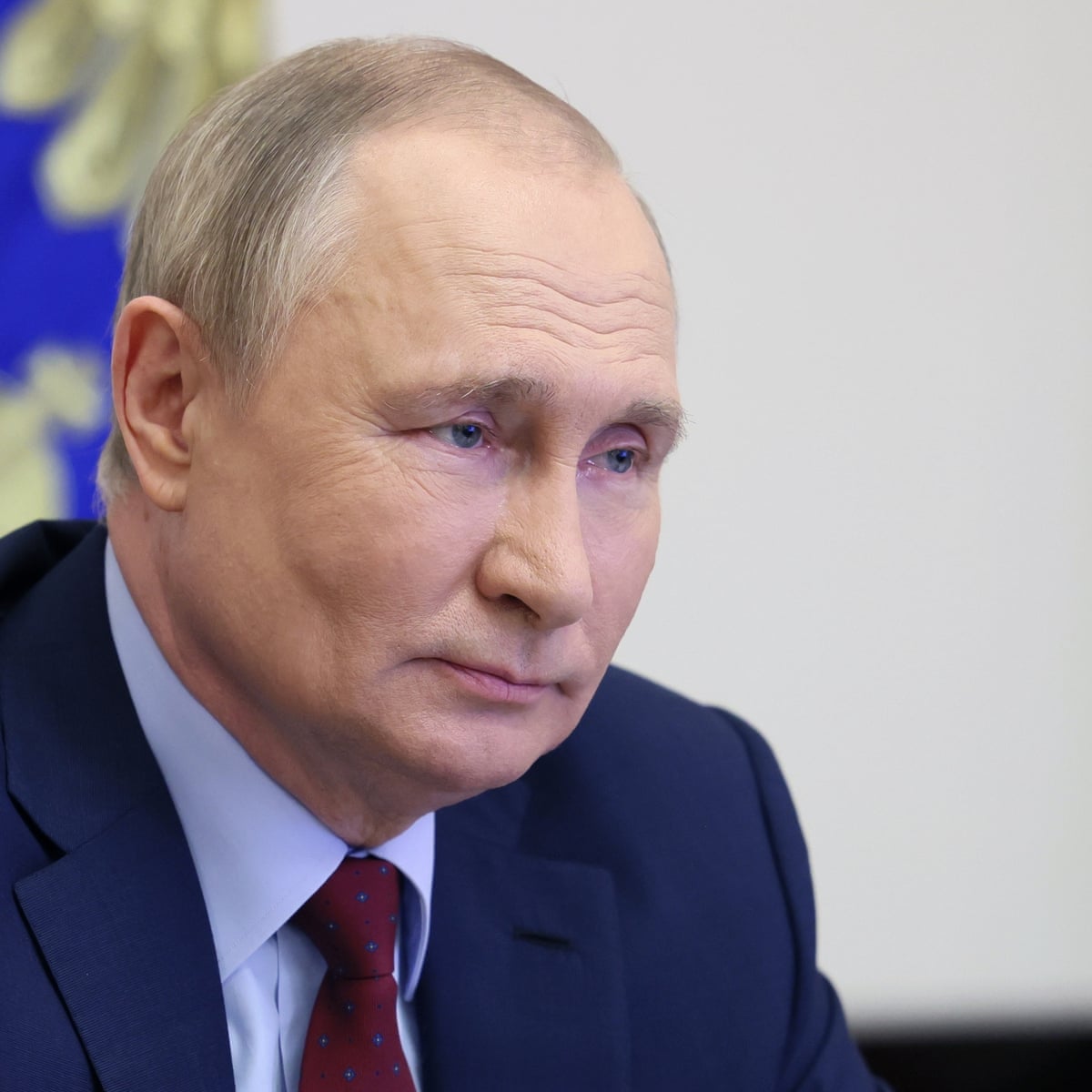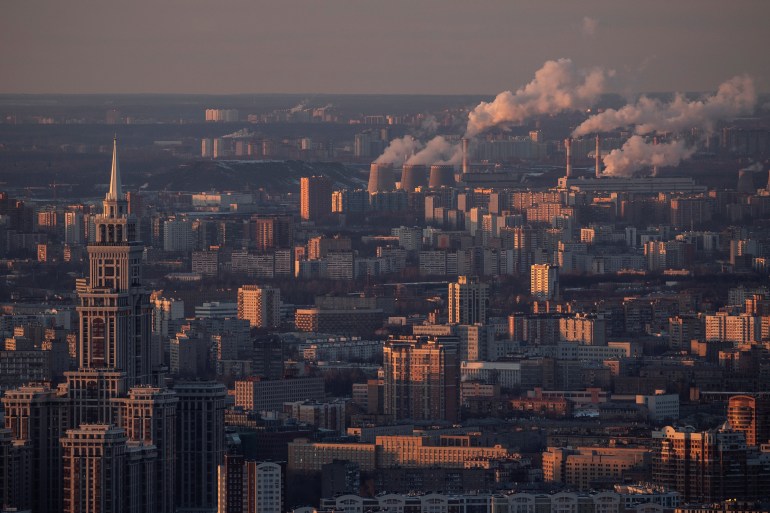Russian economy may shrink by 0.5% as a result of sanctions.

According to an internal analysis created for the government, Russia may see a longer and worse recession as the effects of US and European sanctions extend, undermining industries that the nation has relied on for years to drive its economy.
The media paint a far worse image than the government generally does in its upbeat press releases. It is the result of months of research by experts and government officials who wanted to determine the precise effects of Russia’s economic isolation as a result of President Vladimir Putin’s invasion of Ukraine. Bloomberg was shown a copy of the report that was created for a meeting of top officials that took place behind closed doors on August 30. Those who participated in the conversations testified to their accuracy.

Two of the three scenarios in which the analysts predict that the decline will quicken the following year and that the economy won’t stabilize until the end of the decade or beyond. The “inertial” scenario predicts that the economy will bottom out in 2019 at an 8.3% lower level than in 2021, and the “stress” scenario projects that it will bottom out at an 11.9% lower level in 2024.
In any scenario, sanctions are expected to exert increasing pressure, and other nations are likely to follow suit. According to the assessment, the Kremlin’s capacity to serve its market may be harmed by Europe’s abrupt shift away from Russian oil and gas.
The paper describes how Russia is currently facing a “blockade” that “has disrupted nearly all kinds of transport,” further shutting off the country’s economy in addition to the restrictions themselves, which apply to approximately a quarter of imports and exports. Financial and technological restrictions increase the strain. The research makes the first official prediction of the growing brain drain and predicts that as many as 200,000 IT professionals may depart the nation by 2025.
Officials claim in public that the impact of the sanctions has been less severe than anticipated, with the contraction probably being less than 3% this year and even less in 2023. Outside analysts have also revised their predictions for this year, reversing earlier predictions of a severe recession since the economy has performed better than anticipated.
To return the economy to pre-war levels in 2024 and develop steadily after that, there are several steps to boost the economy and further lessen the impact of the limitations. However, many of the initiatives to encourage investment are repeats of those the government has promoted over the last ten years when development essentially stalled even in the absence of penalties.
The country’s potential growth is expected to drop by 0.5%–1% in the next ten years due to reduced access to Western technology, a wave of foreign company exits, and demographic headwinds. After that, it will continue to decrease until it reaches slightly above zero by 2050. Because overseas reserves are no longer a safety net, Russia will also become more exposed to a decrease in commodity prices globally.
The research by Alexander Isakov, an economist from Russia, issues a warning about “lower production volumes across a range of export-oriented industries, especially in the next year or two,” from metals, chemicals, and wood products to oil and gas. Although a subsequent resurgence is conceivable, “these industries will stop being the engines of the economy.”
A complete gas cutoff to Europe, Russia’s primary export market, could result in a loss of tax income of up to 400 billion rubles ($6.6 billion) annually. Even in the long term, it won’t be able to entirely make up for the lost revenues with new export markets.
The Kremlin’s plans to increase domestic gas supply will be threatened as a result of having to restrict output, the article claimed. It may be difficult to construct new liquefied natural gas facilities because of the “critical” absence of technology. A severe reduction in output that leaves the local market running out of gasoline might result from Europe’s plans to cease purchasing Russian oil products, which accounted for around 55% of exports last year.
The research cautions that if the global economy enters a recession, Russia’s exports may be further reduced since it would become the “swing provider” on the market, with demand for its goods diminishing first. That may cause the ruble to fall and inflation to rise.
The primary short-term risk associated with imports is the manufacturing sector’s ceasing owing to a shortage of imported raw materials and components. Long-term growth may be permanently constrained by the inability to repair imported machinery, according to the analysis.

According to the paper, dependency on essential inputs might drive Russians to cut their food intake as supplies diminish, even in the agricultural sector, where the Kremlin has bragged about its efforts to replace imported supplies.
Russia may fall behind current standards by one or two generations as a result of access restrictions to western technology since it will be forced to rely on less sophisticated substitutes from China and Southeast Asia. According to the research, sanctions will also compel the government to reevaluate several of Putin’s pre-war development goals, including those for increasing life expectancy and population growth.
The research breaks down the scope of the sanctions’ impact by sector:
Agriculture: Imports account for 99% of the production of chicken and 30% of the output of Holstein dairy cattle. Like fish feed and amino acids, seeds for staples like sugar beets and potatoes are also typically imported from outside.
Aviation: Foreign-built aircraft carry 95% of passenger volume, and the fleet may become smaller as it ages due to a lack of availability of imported replacement parts.
Machines: Only 30% of machine tools are created in Russia, and the local industry cannot meet growing demand.

Pharmaceuticals: Imported raw materials account for over 80% of domestic manufacture.
Transport: Costs for road freight have increased due to EU limitations.
Due to SIM card restrictions, Russia may not be able to use them by 2025, and its telecoms industry may lag behind global leaders by five years by 2022.
Edited by Prakriti Arora




